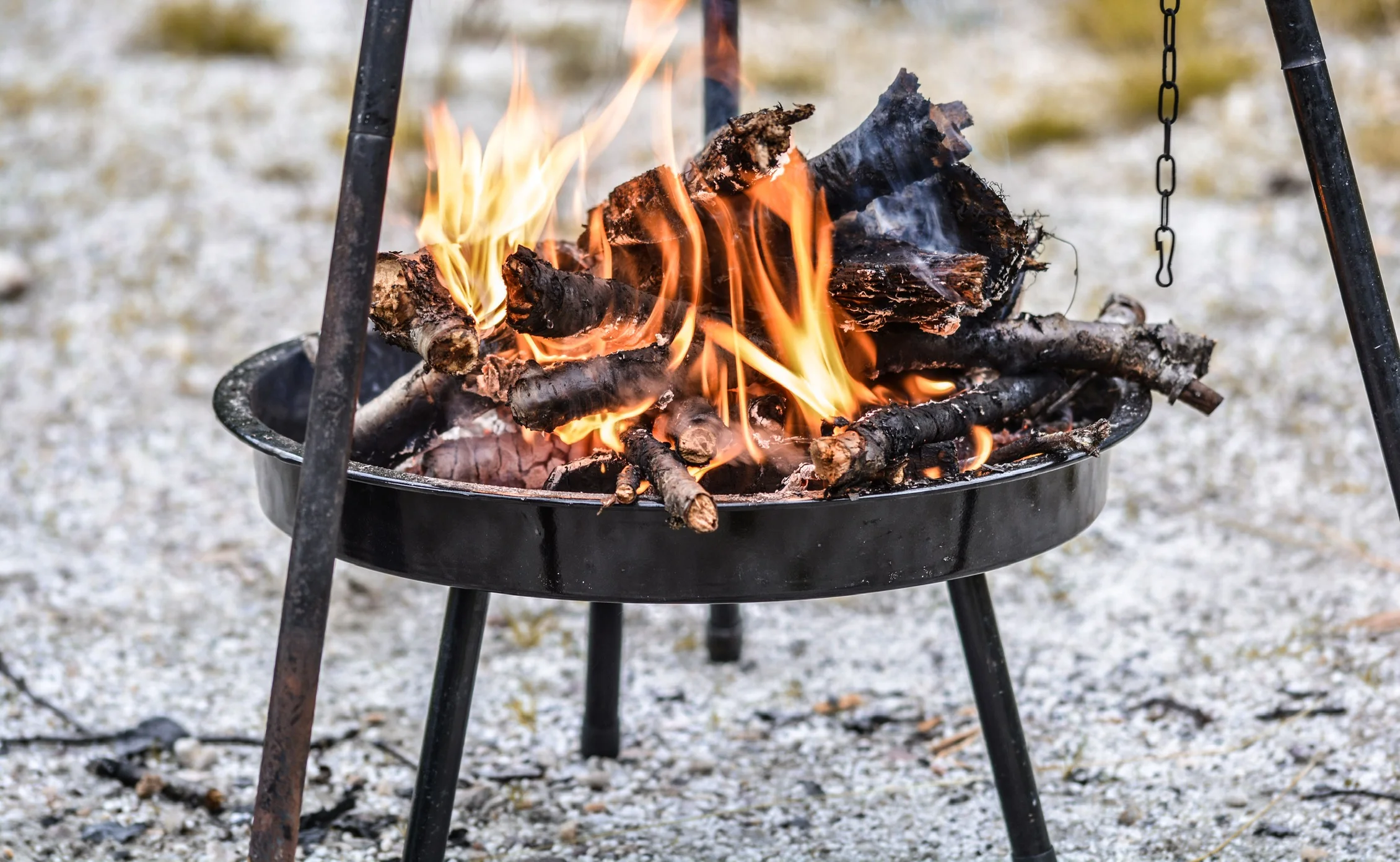-By Rabbi C. Edelstein, Rosh Yeshiva Outdoors
Here’s an interesting problem: in order for you to survive you must consume fuel by means of food. However, the more you “do,” the less time you have to prepare worthwhile food for yourself and those with you. What if we view preparing our food as an act of the same or greater importance as any action that should follow?
It seems to me that the Torah places the restrictions on food next to actions to teach that eating and doing are imitately connected.
Let’s look at the parsha for this week, Shemini. Moshe and Aharon are getting everything ready to start up the system of sacrifice at the Tabernacle. But, just after the first sacrifices are offered and burned up by a divine flame, Aharon’s two oldest sons Nadab and Abihu, “each took his fire pan, put fire in it, and laid incense on it” (Lev.10:1). Evidently, G-d was not happy about this and the two sons are burned up as well by a second fire from HaShem. The next commandment given just after this story is the prohibition of consuming alchohol in holy spaces. Shortly thereafter we have another story about Aharon and his sons not eating the first “sin”-offering (part of which is burned on the alter and part is eaten by the priests). Immediately following this narrative are the first laws of kosher food, listing the permitted and prohibited animals.
It seems to me that the Torah places the restrictions on food next to actions to teach that eating and doing are imitately connected. Thankfully, there are others who agree! R. Isaiah Horowitz, writer of Shnei Luchot haBrit (the Two Tablets of the Covenant), writes about the spiritual aspects of eating. He says:
This is the mystical dimension of Deut. 14:23: ‘You shall eat in front of the Lord your G–d;’ this is a reference to…the sacred element of the act of eating. Psalms 104:1: ‘Bless the Lord, O my soul,’ as well as Exodus 24:11: ‘They ate and drank and had a vision of G–d,’ are reminders of the impact consumption of food has on our spiritual faculties.
Finding the balance between eating and “doing” is hard. It can be even more difficult when we are camping and are deprived of the modern culinary technology that we are accustomed to use. But the spiritual dimension is much easier for me to access when I’m eating a simple meal in an absolutely amazing environment, having completed a challenging day in the wild. I find blessings are said with greater intensity and I’m thankful just for having it in front of me. At home in New York City, the treif options are endless—but this makes my commitment to eating kosher food that much more meaningful. By checking for a hechsher (kosher mark) on a packaged food, I’ve found that I make better food choices and I put back into the local economy by eating in locally owned kosher restaurants, rather than large chains. But I’m also still learning exactly what it means to me to “be kosher.”
When we decide to engage in spiritual practices, we might become more committed to being spiritual practitioners.
Were the aforementioned commandments giving because of the actions that were done, or were the actions preformed because people didn’t have the commandments? Do I keep kosher because I’m Jewish, or am I only Jewish (in part) because I keep kosher? When we decide to engage in spiritual practices, we might become more committed to being spiritual practitioners. This is also the food-action cycle. The more we eat, the more we can do; the more we do, the more we must eat.
What is a practice you can engage with that you haven’t really tried yet? Take a taste of it! Try not to jump in too far too fast, lest you get overwhelmed and give up. Every mountain is climbed by taking small steps.

